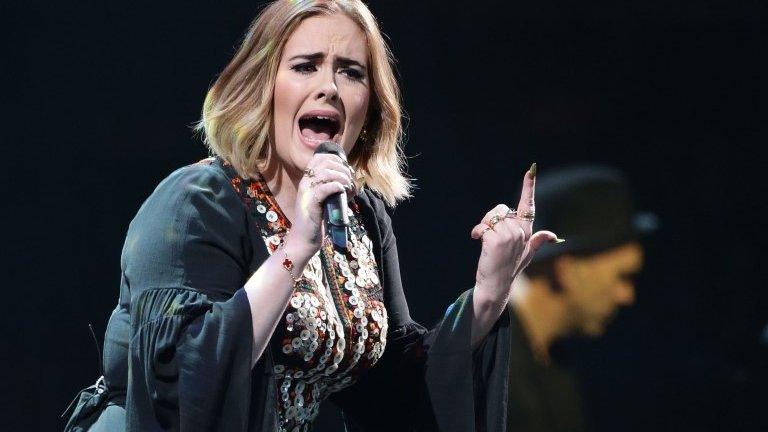'A lot of women runners don’t like the eyes on them'
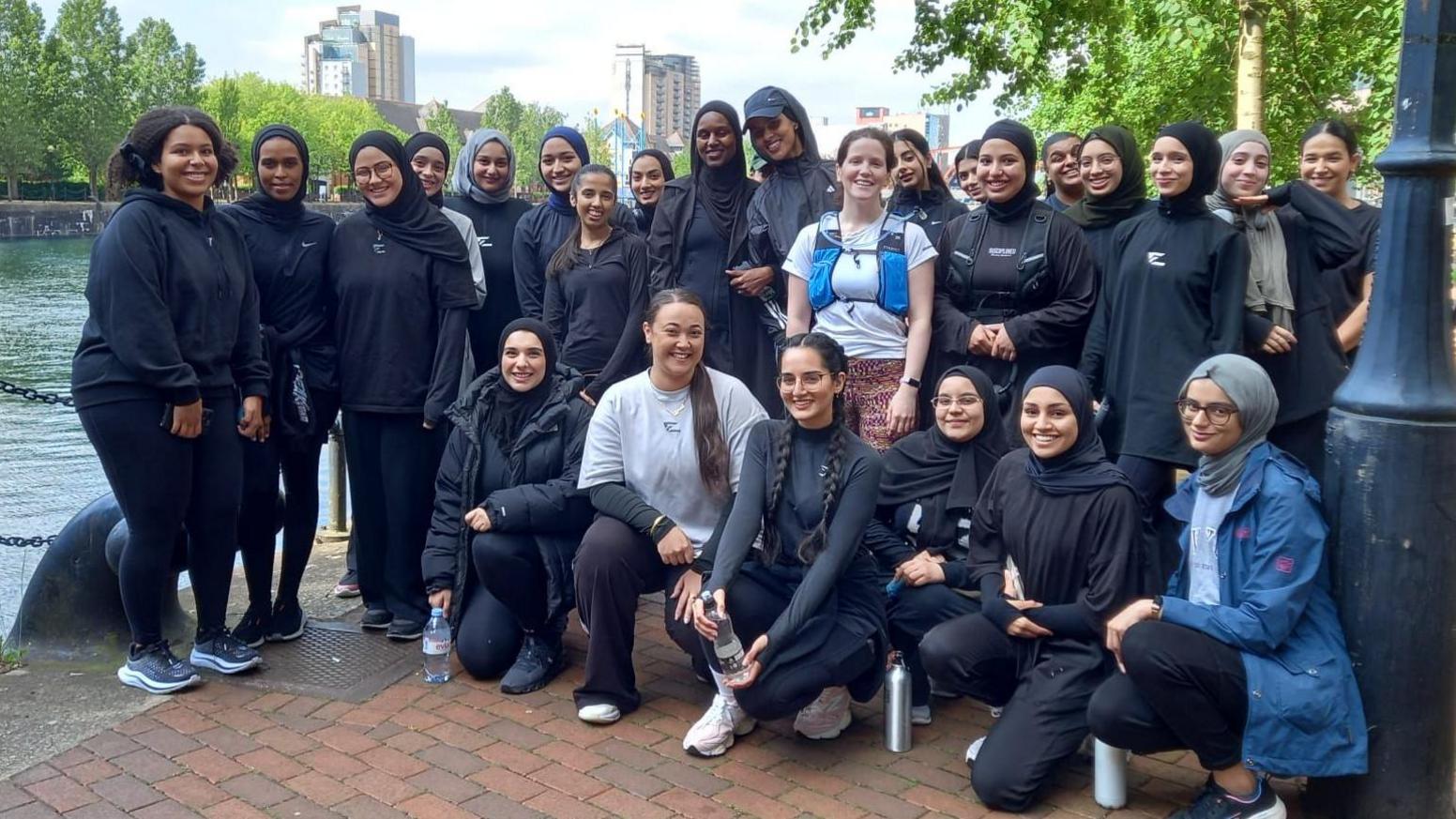
Runners at the 37 Club describe it as a "wholesome amazing community"
- Published
A women’s running club founder says she is finding “increasing demand” for initiatives like the one she has helped create.
Bethannie Nasri helped set up the fortnightly 37 Club in Salford after noticing a number of women, particularly from Muslim communities, wanted a safe space to exercise and socialise.
The group now has about 500 members, with up to 50 women taking part in recent runs.
“A lot of women just prefer to be around women in those environments - they don’t like the eyes on them," Ms Nasri said.
“It’s not to hate on men but to create that environment so they don’t feel any pressure.”
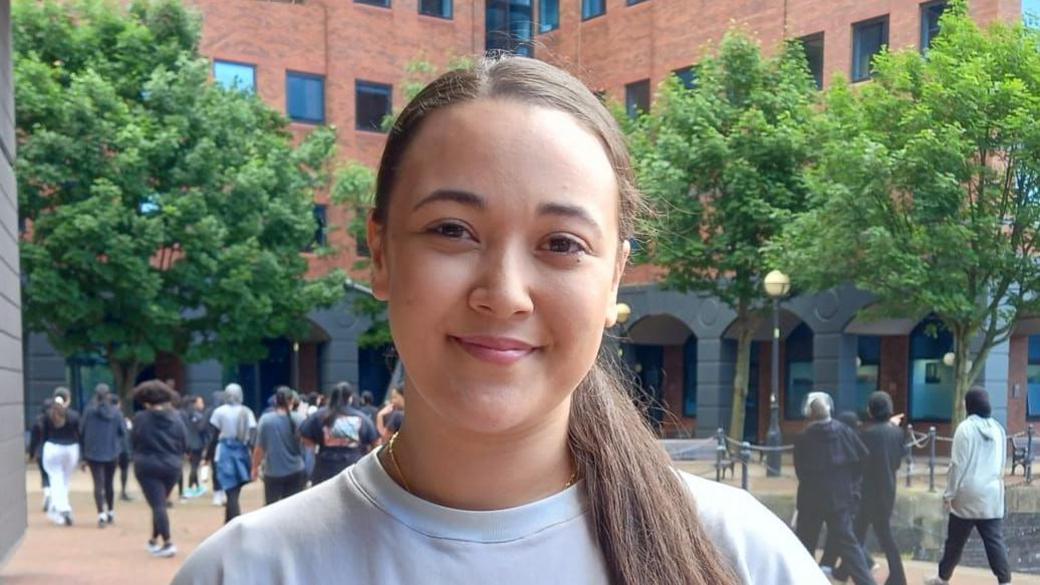
Bethannie Nasri says there has been demand from people across the country
A recent study found about two-thirds of female runners in the region had experienced harassment, ranging from wolf-whistling to being followed.
While the 37 Club welcomes women of all backgrounds and paces, Ms Nasri said it was resonating more with Muslim women and mothers returning to the sport after giving birth.
Women regularly harassed while out running - study
- Published22 February 2024
'Slow progress' on barriers to Muslim women in sport
- Attribution
- Published28 February 2023
She said many had been “looking for something like this, where they can be with like-minded people, on the same page and enjoy themselves in a relaxed environment”.
The club has grown from 10 people at its November launch to about 50 attending the most recent run, with 500 women on its WhatsApp group.
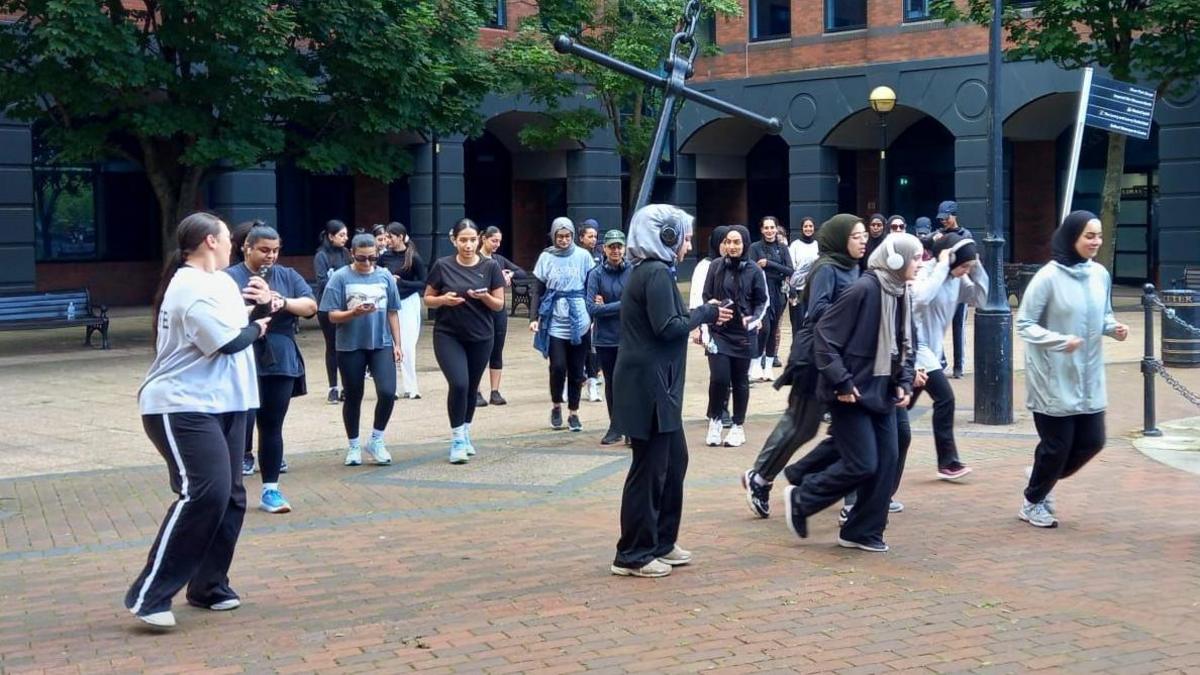
The club trains around Salford Quays
A 2023 survey found “a huge demand for Muslim women wanting to be more active”, but a lack of women-only facilities, discrimination and cultural barriers had deterred many.
Law student Sama Azzabi, 22, said that, while growing up, she had “never seen a hijabi [a Muslim woman who wears a headscarf] running locally, which always held me back”.
“I had a fear of being perceived as a bit goofy while running – I’d think ‘are my clothes flapping around?’”
Ms Nasri said participants had even travelled from Birmingham and Lancaster to attend the runs, and there was “demand in other cities for women-only events, especially among Muslims”.
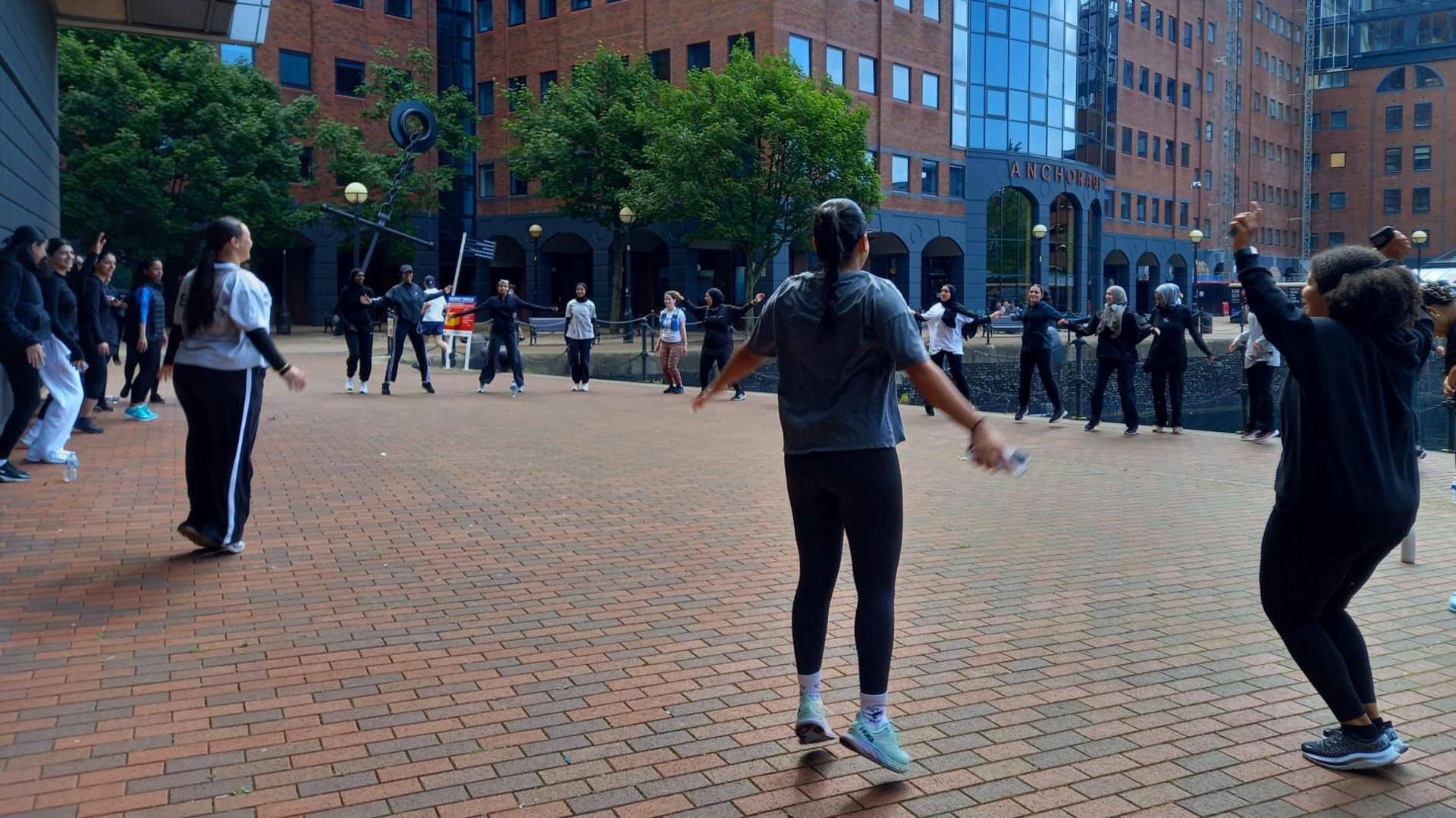
Participants say they feel more comfortable exercising in women-only groups
Amarah Chikh, 27, said she felt “comfortable running in a big group” compared to exercising solo.
She wanted to get back into fitness after giving birth and said: “It was slightly daunting at first but then I realised everyone was so supportive and it was not competitive.”
It has now spurred her to become a personal trainer, specialising in postpartum care.
The increasing number of hijabi runners often prompts curiosity over how they cope with heat.
Psychology student Shyemah El-Azzabi, 22, said competing in the recent Great Manchester Run was "hot but also encouraging, as there were a lot of hijabis supporting each other”.
She said high-profile sportswomen wearing the hijab - such as US fencer Ibtihaj Muhammad and Moroccan footballer Nouhaila Benzina - had been an inspiration, along with TikTok sport influencers.
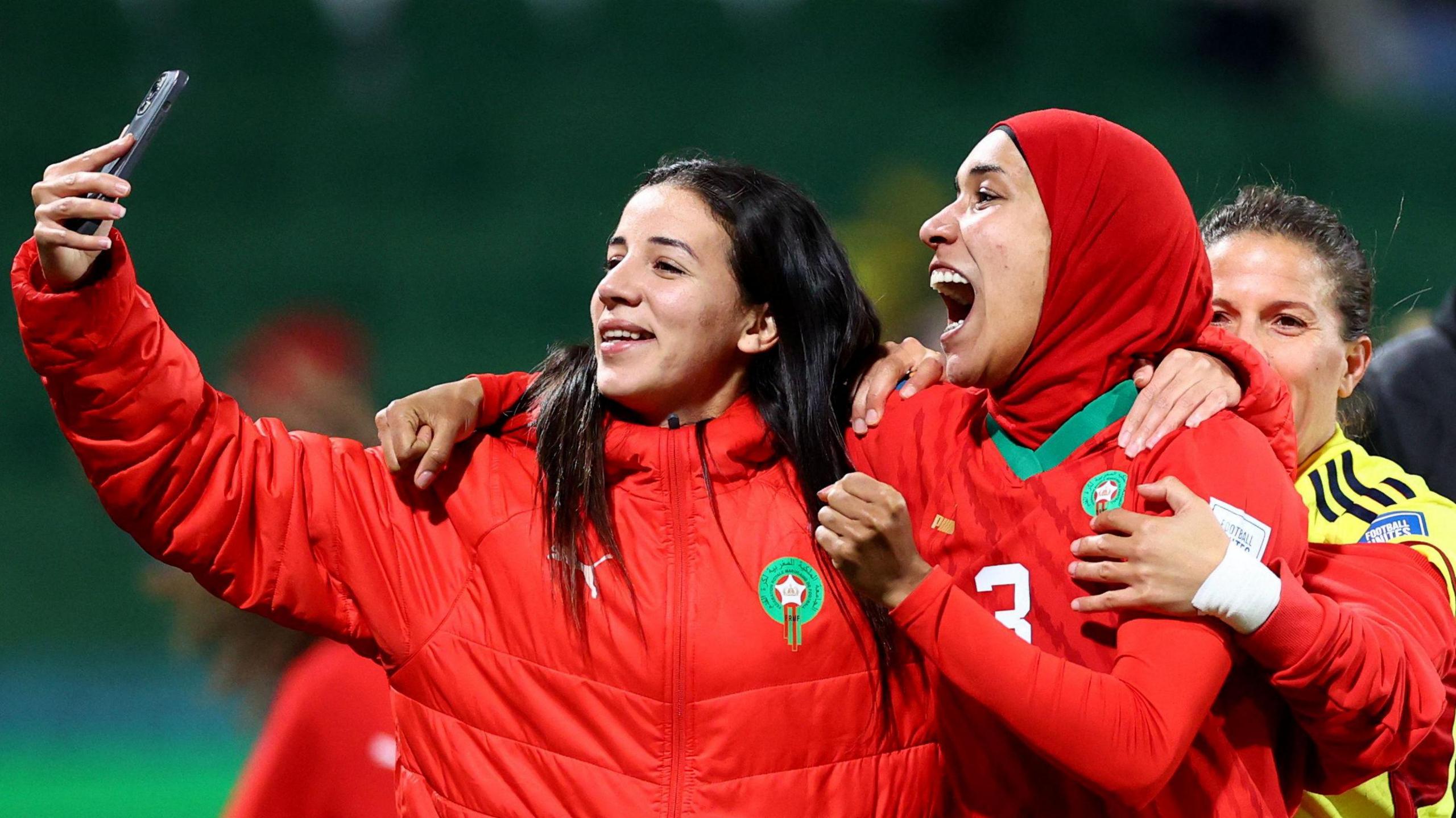
In 2023, Morocco’s Nouhaila Benzina was the first footballer to wear the hijab at the Women's World Cup
With a Tunisian father, Ms Nasri was already aware of Islamic beliefs and became a Muslim before Ramadan this spring.
The 27-year-old said the club had inspired her to develop her ambitions, adding: “It couldn’t be a more wholesome amazing community because everyone feels so motivated.”
The idea for the running club was born while her brother, Housem, and his friends, were setting up the modest sportwear firm Evolute Clothing in Wigan.
“He saw a gap in the market for mainly Muslim women, and also women who prefer to dress more modestly.”
The modesty fashion movement – which involves covering up while retaining style – has become an industry worth more than £250bn, external ($318 billion) globally and is forecasted to grow significantly in the coming years.
The concept is interpreted differently worldwide and has also appealed to women from other beliefs, alongside those with no faith. Firms report that customers are often looking for suitable attire for workplaces and occasions, as well as maternity, size and health reasons.
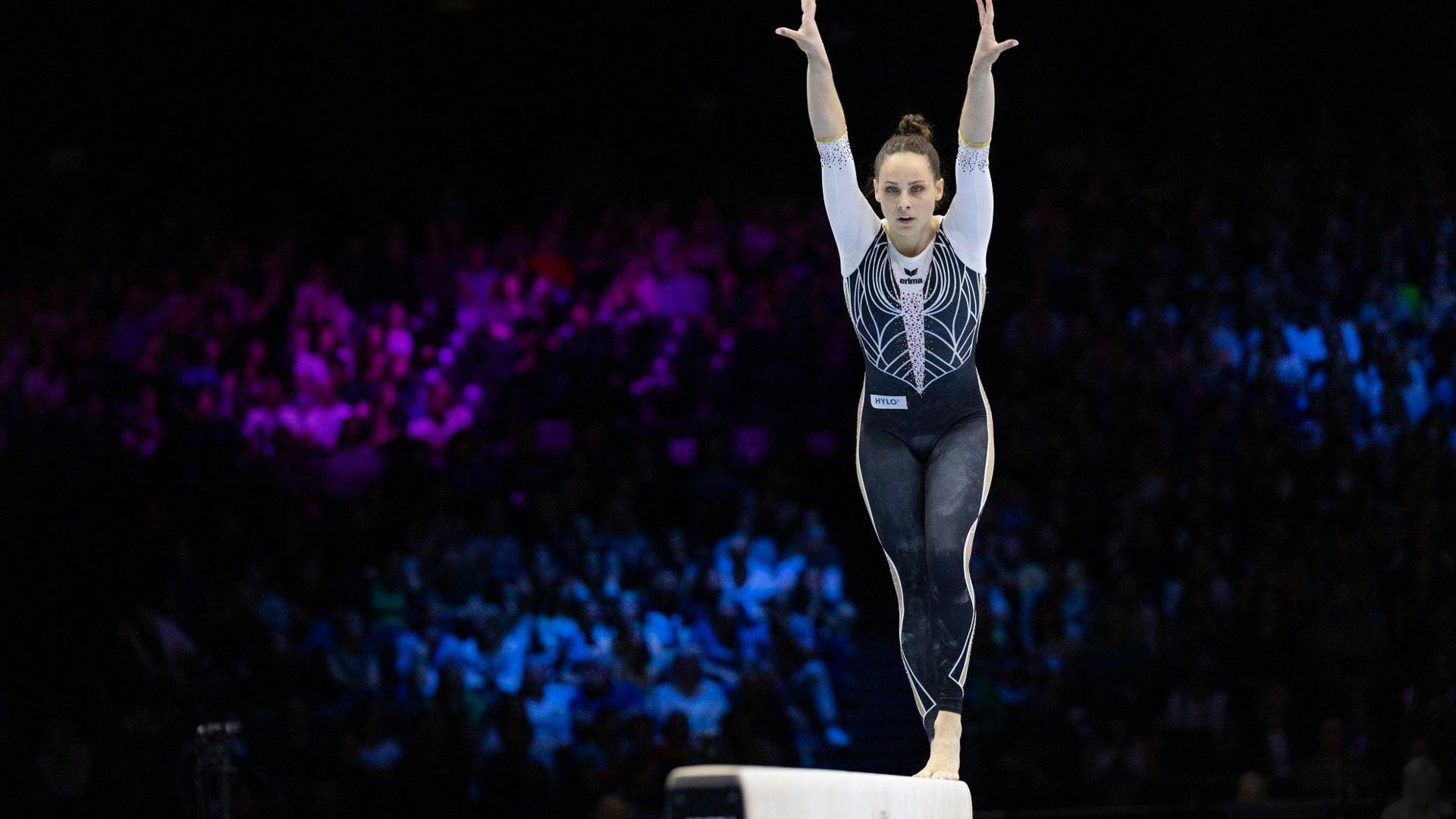
German gymnasts, including Sarah Voss, have opted for full-body suits in recent years
At the Tokyo Olympics in 2021, the German women’s gymnastics team competed in full-body suits in a stand against "sexualisation", following cases of abuse in the sport and wider society.
With more people taking an interest in safer sport spaces, Ms Nasri said there were plans for more events locally and nationwide, alongside the set-up of men-only running clubs.
“It’s just building and building,” she said.
Listen to the best of BBC Radio Manchester on Sounds and follow BBC Manchester on Facebook, external, X, external and Instagram, external. You can also send story ideas to northwest.newsonline@bbc.co.uk, external
- Attribution
- Published16 April 2024
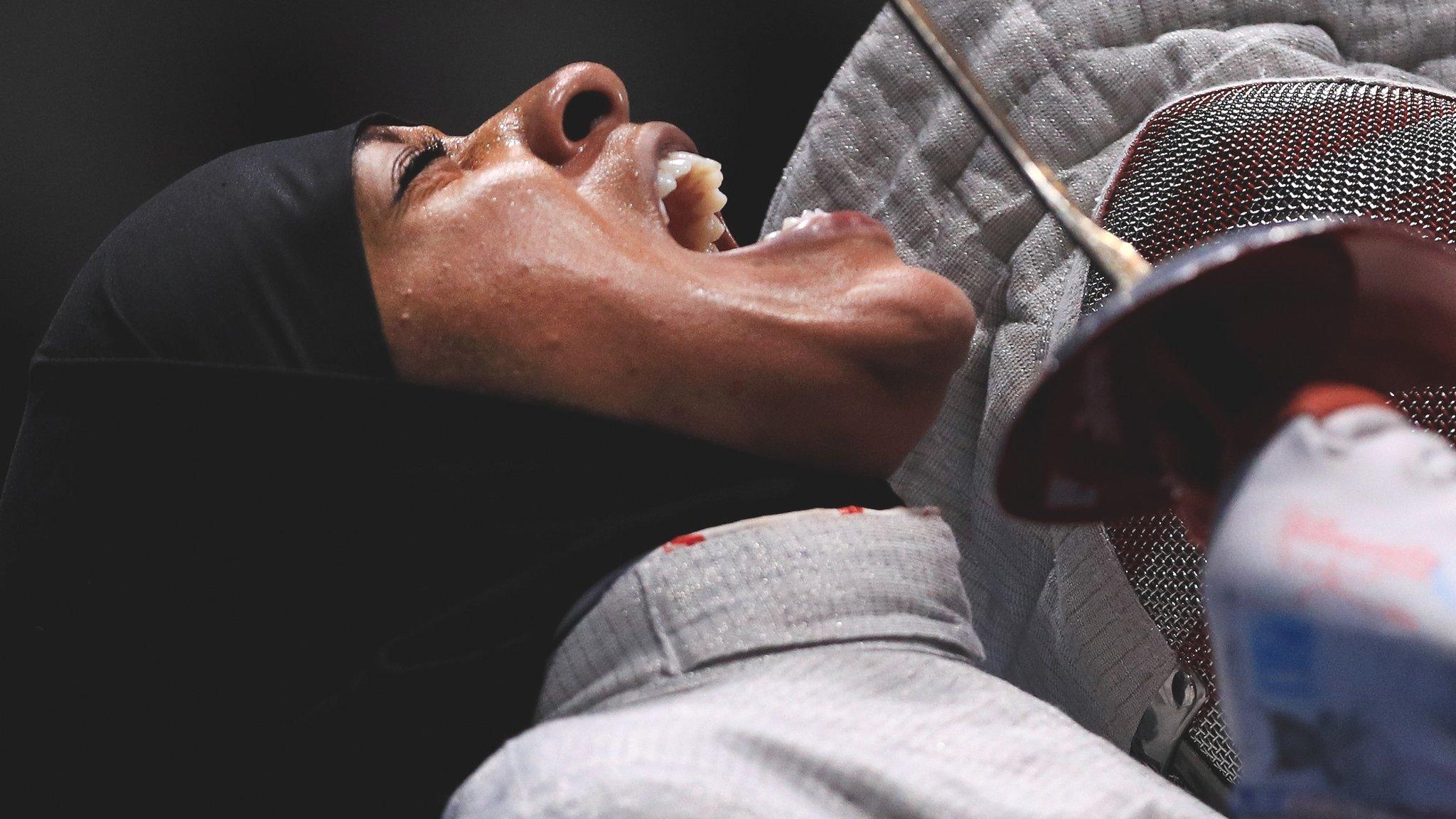
- Published30 July 2023
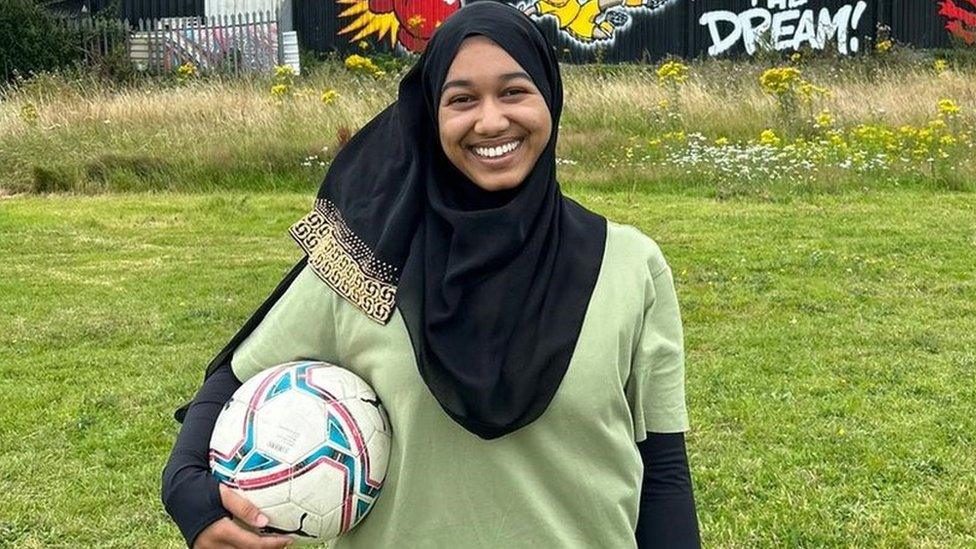
- Published29 June 2017
